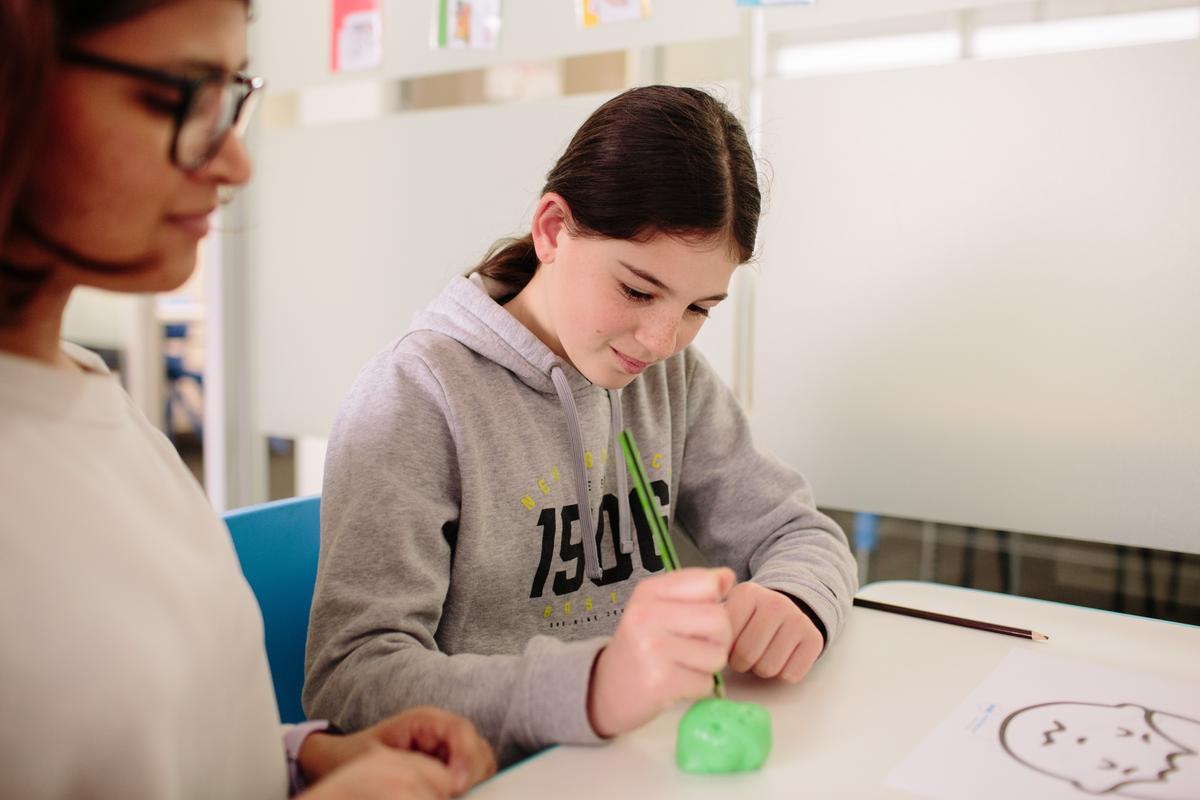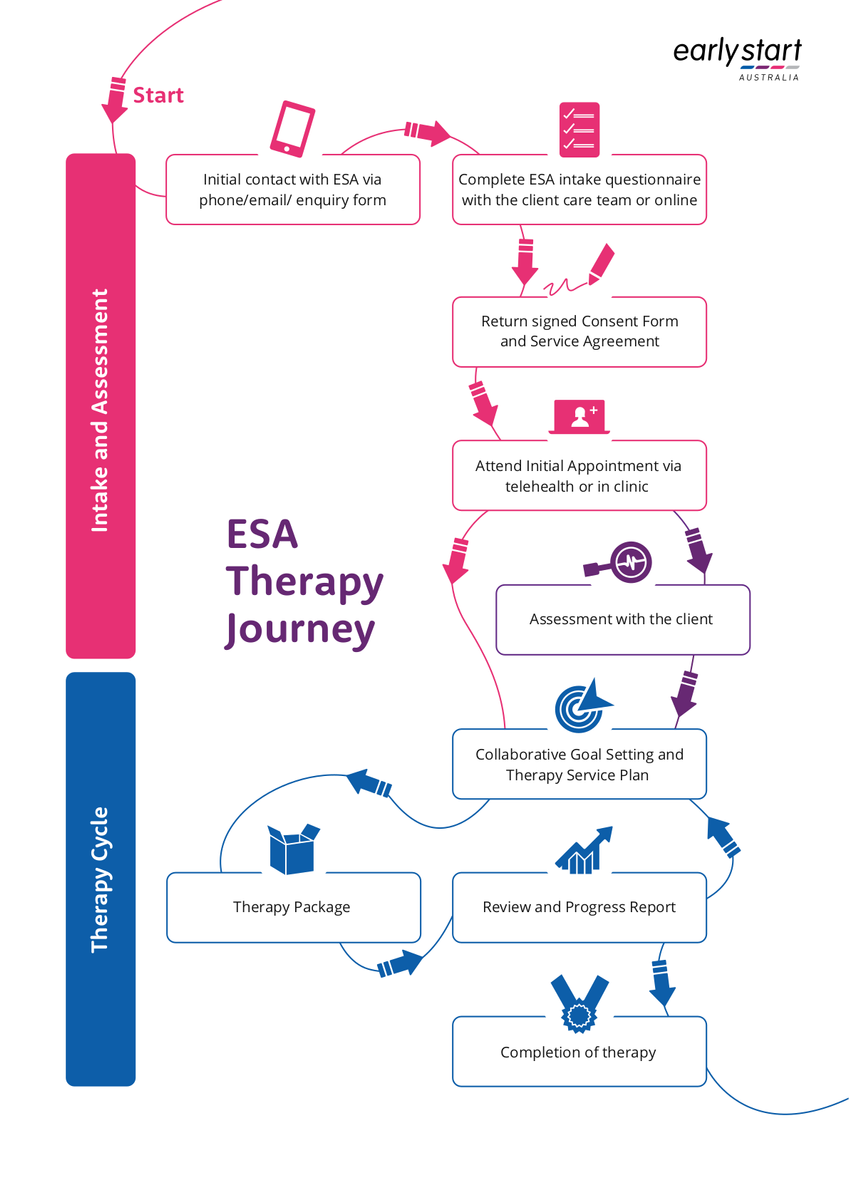Therapy Showcase: Assessments

Our therapists conduct assessments and provide written reports for a wide range of purposes:
- As a first step in the journey for children commencing therapy at our clinics. Assessments help to identify a child’s strengths and areas of concern, and systematically explore the reasons for a child’s difficulties. This ‘detective’ process provides a strong foundation for targeted intervention
- When needed for reasons such as transition from preschool to school, funding for programming and resources, special provisions for examinations, and prescription of specialised equipment
- To provide supporting documentation where a child may be undergoing diagnose for a specific disorder; and
- To measure progress with achievement of goals - we determine baseline measures before therapy commences and obtain progress data when a therapy block concludes.
We use standardised assessment tools and screens that can only be administered by appropriately qualified and experienced health practitioners, and all reports are reviewed for quality and accuracy by a senior clinician prior to release. One example of a standardised assessment we use is the Wechsler Intelligence Scale for Children (WISC-V), which assesses the general thinking and reasoning skills of children aged six years to 16 years. Test results include an Intelligence Quotient (IQ) score as well as age-equivalent rankings and scores for Verbal Comprehension, Visual Spatial, Fluid Reasoning, Working Memory and Processing Speed. The WISC-V can be used for identifying an intellectual disability, giftedness, specific learning disabilities, placement in specialised programs and clinical intervention.
As well as direct assessment of the child, the assessment process can include us getting information from parents and teachers, in order to help us understand the child more.
Occupational Therapy assessments include:
- Functional Capacity Assessments (including for NDIS)
- Assessment of physical function including fine and gross motor assessments, and handwriting assessments
- Sensory assessments
- Interoception assessments
- Executive Functioning assessments
- Play skills assessments
Speech Pathology assessments include:
- Language assessments
- Articulation assessments
- Literacy assessments
- Oral Motor screening
Psychological assessments include:
- Diagnostic assessments for Autism Spectrum Disorder, Attention Deficit Hyperactivity Disorder (ADHD), and Learning Difficulties extending to Learning Disorders
- School Readiness assessments
- Cognitive assessments
- Adaptive Behaviour assessments
- Social Functioning assessments
- Anxiety and Depression screens
- Trauma Symptoms Checklist
- Behavioural assessments
The outcome of the assessment is used to inform the development of therapy goals, which are decided collaboratively with you. When we better understand your child's strengths and areas for focus, we can develop a highly targeted and tailored treatment plan for your child.
If you are unsure what assessment is right for your child and circumstances, you can speak to your therapist or arrange to speak with one of our Practice Principals who can guide you in the right direction.
Get in touch with your local ESA clinic today.



